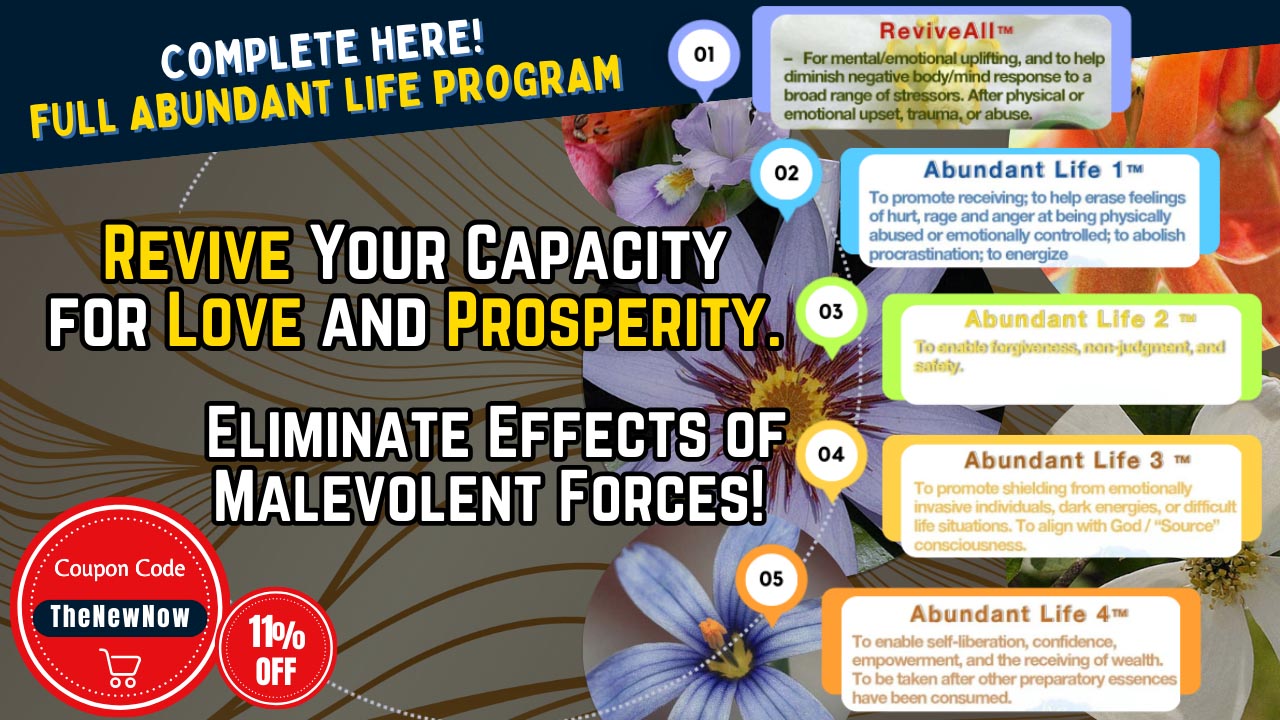Watching it All Burn Down
And Even the Classics Must Fall
Those of us who fondly remember the time before men wore women’s swimsuits often find ourselves dazed and speechless in the dystopian landscape of 2024. Our government has abandoned all pretense of both decency and Constitutional principles, preferring to prosecute political enemies while embracing radical loons and clownish causes. The crazy doesn’t stay in Washington, either; everywhere you go, you’re greeted with the stench of weed and the hideous fashions of idled protesters. Shameless displays of bad taste, foul language, and low-I.Q. behaviors are the norm, and to notice them only betrays your privileged bigotry and intolerance.
As the world thus heats up, we are sorted along both eternal and temporal lines; spiritual forces slice through every facet of our lives, demanding that we choose sides. We are wheat and tares, sheep and wolves, right and left—and ultimately, alive or dead. In the process, those of us who refuse the new normal have retreated to the few remaining pockets of biblical truth, traditional values, or relative sanity. For many, this refuge is faith; for others, it’s sports, school communities, or resort towns. There we draw strength to engage in the cosmic battle, soften the world’s edges, or—as an escape—find small beauties still unscathed by all this mess.
Running for refuge in our sacred spaces has become a dicey business, though. Like the human heart, none of our comforts are immune to the insidious creep of evil. Take faith, for example; more often than not, the local “relevant” or “inclusive” worship service is led by one of the many smiling wolves born in liberal seminary dens. Your buttoned-up childhood church—with its many old social connections and Handel concerts—must therefore be examined under the light of biblical discernment, or you risk unwelcome surprises.
Education has long been the playground for progressive ruin; but the wildfires now threaten even the once-inviolable classics. Many of us found in classical education a beautiful outpost, a hidden holdout amid civilization’s prevailing decline. Great minds, beautiful words, timeless wisdom—all gathered to rescue our dumbed-down generation of touch-screen brains. Yet, in a dismaying discovery, cultural Marxists are quietly building fires there, too.
I saw some small but growing embers at our own classical school—intermittent and familiar flickers. As the school courted the favor of city leaders, disciplinary issues and questionable partnerships emerged. I shared my concerns, which is all a parent can do. For that kind of vigilance, one earns flowery and reassuring speeches; there are always excuses—the demographics, the pressure, or the few success stories. Trouble seems unlikely to those who warm themselves in the innocent glow of small beginnings; it will be different this time!
To suspect such cozy little coals would ever cross their fire-proof boundaries seems unduly suspicious—and not very generous or inclusive. The new rhetoric makes a convincing Trojan horse: Isn’t there some beauty to be found in other voices? Isn’t it good to move beyond yesterday’s old, white men? Aren’t we truly responsible for elevating other people? What is good, true and beautiful can empower a new liberation; and as always, the left will reimagine and dismantle yet another formerly successful tradition.
In fact, a number of classical educators think that, under the spell of Latin and good literature, a bit of thinly-veiled progressivism won’t hurt. For these educators, the canon must be leveraged for a better kind of activism; the objective of classical learning has changed. Under their new model, impoverished backstories—and there are plenty— lend a bit of innocence to even the most incorrigible students; for their sake, the classics must be a little more accessible—and discipline a bit less punitive. Will this movie end like the others, or will I be surprised? How long will it take to destroy goodness and beauty—five years? Maybe ten?
Have you ever tried to warn someone that their shoelace is untied? Smart people will stop and tie it rather than endure an embarrassing face plant. It’s the same with all other wise warnings; to ignore them requires some level of pride or temerity. Our churches and schools embrace both vices, continuing a path already littered with damning evidence of its perils. For humanity’s great dilemmas, they have discovered a a nuanced approach, and a gentler justice—yesterday’s genius alloyed with modern insight. They think they’re making inroads into the culture, when in fact, the culture is making inroads into them.
Over the years, we’ve seen this same script played out in different settings, and often with greater consequence. We’ve seen the harbingers of evil—often looking very compassionate—develop into full-blown destruction. A once-vibrant community falls victim to subsidized neglect and abandoned properties. A once-thriving church calcifies into a progressive haunt. A once-admired school is dismantled by mediocre education majors. Some of our own relatives and friends grow colder and weirder by the year, hardly recognizable for their progressive transformations. In my neighborhood, a smart girl who wore frilly, smocked dresses through her entire childhood entered college as a he/him. We are surrounded by the walking dead.
So many old paths are refused, and so many warnings still go unheeded, but we are still here to mourn the losses. Familiar landmarks tug at our heartstrings: the old high school, the old church, our city hall—none are recognizable under their progressive makeovers. Once-trusted, conservative outposts have widened their perimeter with new voices, and now, even their rafters are smoking. Worse, you see your own friends and your own family playing in the black smoke at the edges, believing themselves comfortably distant from both the mostly peaceful and surely exaggerated destruction. Yet soon enough, they, too are claimed by the rising flames.
Every now and then, though, we must step back, take a breath, and watch the unfolding inferno from a distance. When, despite our many efforts and supplications, beloved settings finally go up in smoke, we must look around and see a faithful remnant—however unimpressive its numbers— that stands apart from the prophesied destruction. Civilization burns, but we will not. The world’s goodness and beauty may melt in the flames, but the truth that framed it will not. We take comfort in an eternal promise but still grieve the smoldering scene, watching in horror as it slowly burns down, together.
Image Mark Agopov






















